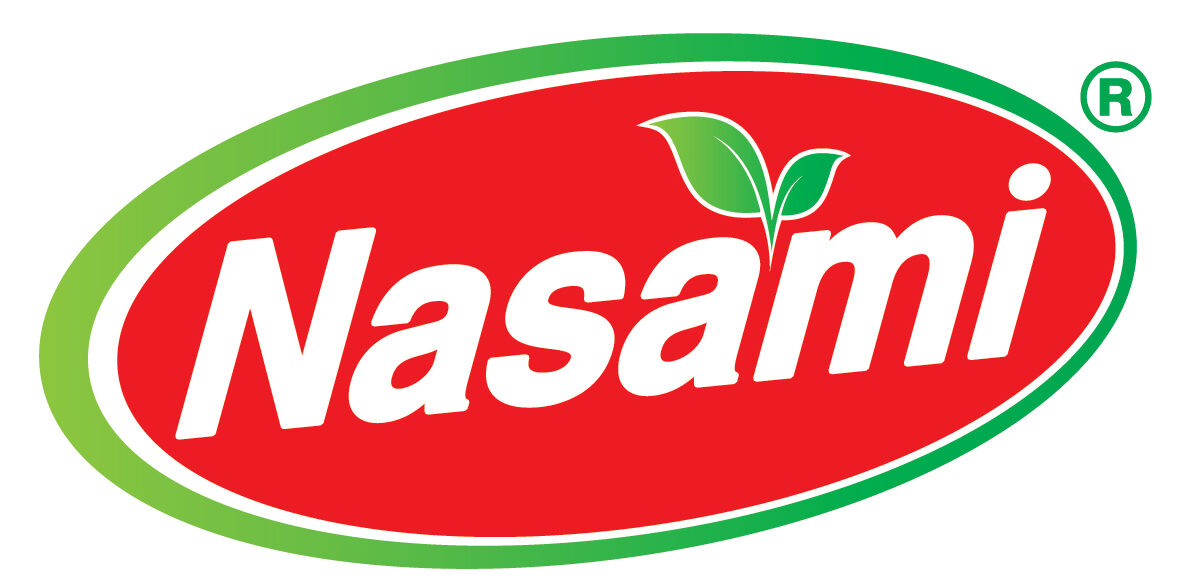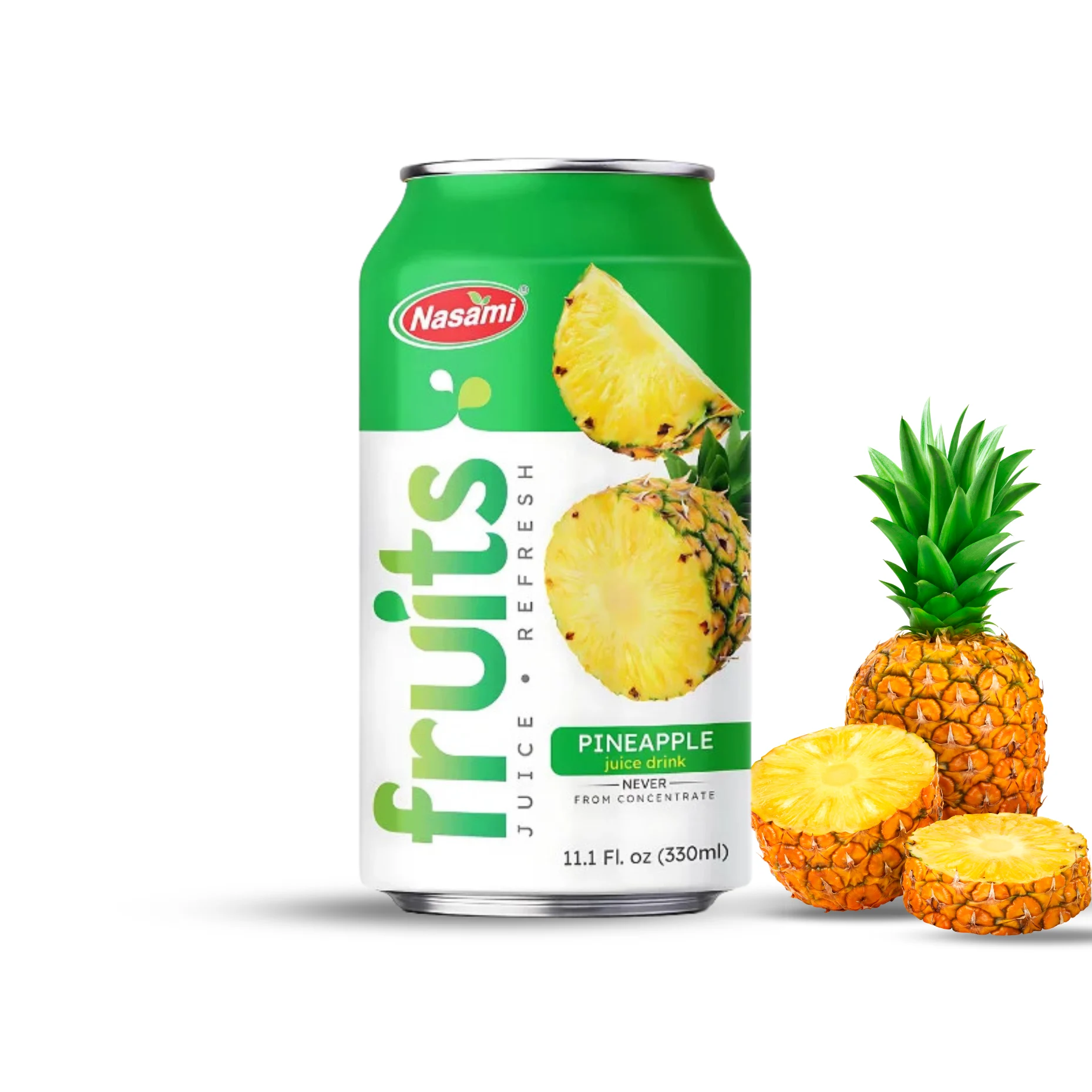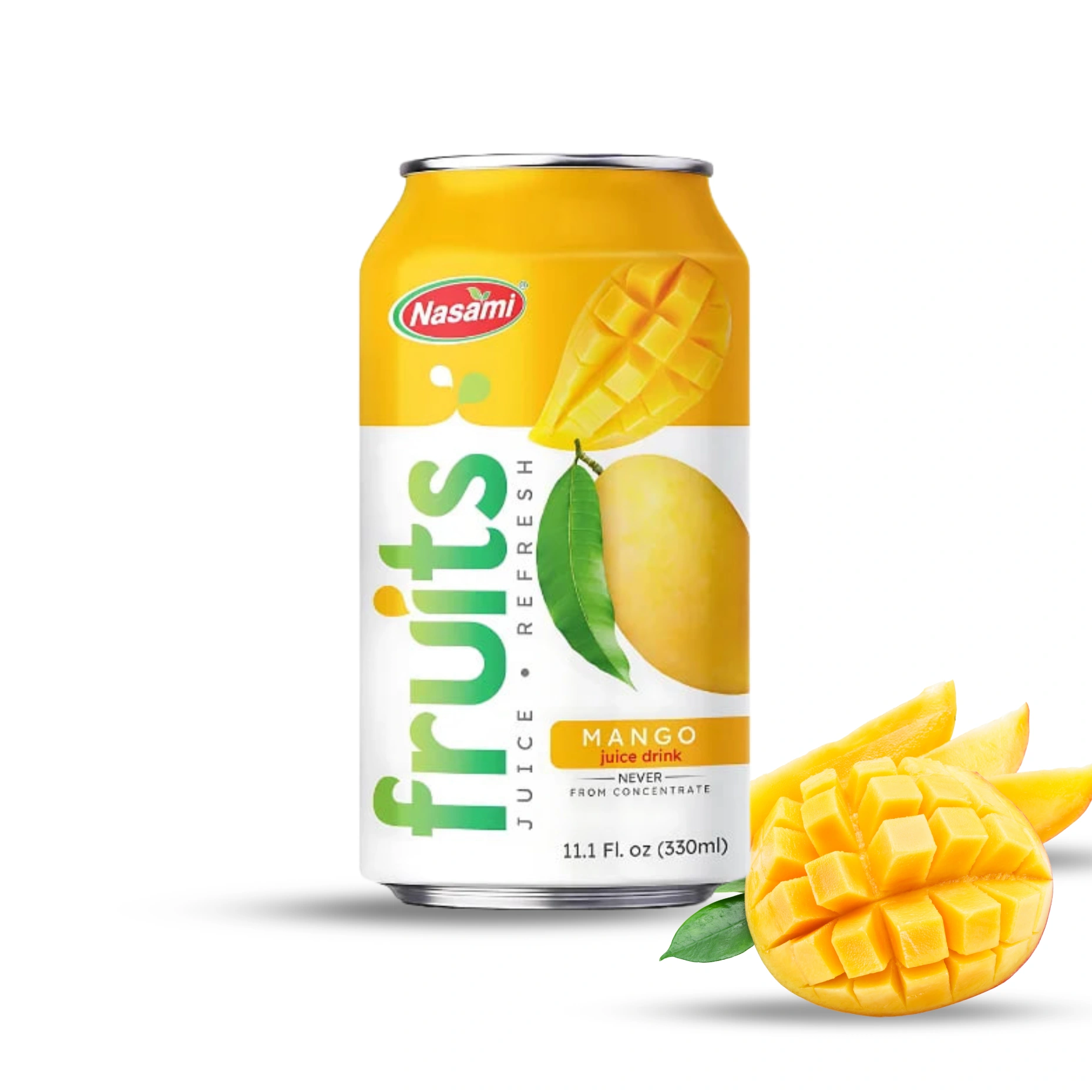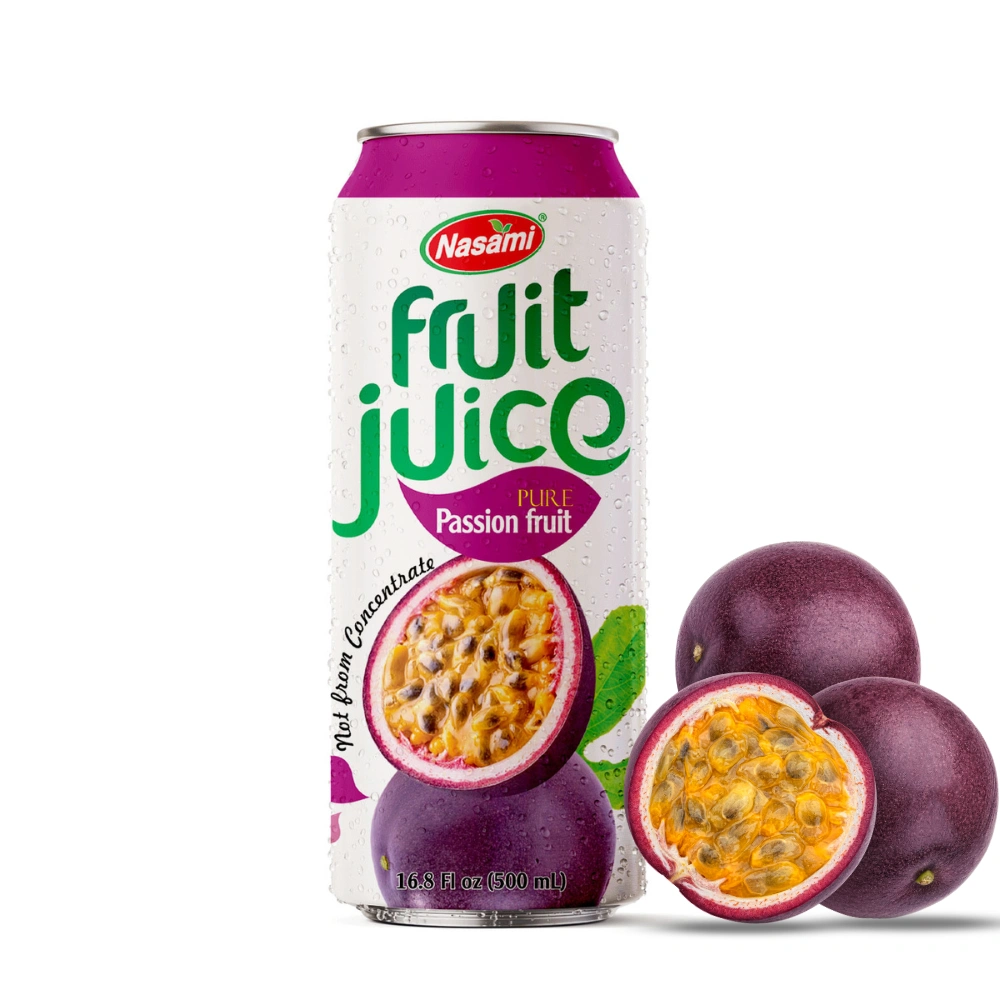Is Coconut Water Good For IBS? Irritable Bowel Syndrome (IBS) is a common gastrointestinal disorder that affects the large intestine, causing symptoms like bloating, gas, diarrhea, and constipation. While not life-threatening, IBS can be chronic and requires lifestyle adjustments for effective management. Symptoms vary but can be triggered by stress, certain foods, and hormonal changes.
Table of Content
ToggleDiet plays a key role in managing IBS. Identifying trigger foods and following a balanced, low-FODMAP diet can help alleviate symptoms. Staying hydrated and eating gut-friendly foods are essential for better digestive health.
Coconut water, known for its natural sweetness and electrolytes, is a low-calorie beverage that aids hydration. Rich in potassium, magnesium, and vitamin C, it offers antioxidant benefits. However, those with IBS should be mindful of how coconut water affects their symptoms.

Is Coconut Water Good For Ibs?
Overview of irritable bowel syndrome-IBS
Common Dietary Triggers
Individuals with Irritable Bowel Syndrome (IBS) often find certain foods trigger their symptoms, such as high-fat foods, dairy, and gluten. High-fat foods can slow digestion, dairy may affect those with lactose intolerance, and gluten can trigger symptoms in sensitive individuals. Is Coconut Water Good For IBS? It’s important for those with IBS to monitor their diets and avoid personal triggers.
Stress and Lifestyle Factors
Stress and lifestyle factors greatly impact IBS symptoms. Emotional stress can worsen symptoms, while irregular eating and lack of activity also play a role. Managing stress through mindfulness, exercise, and regular meals can help. Is Coconut Water Good For IBS? Its electrolytes and hydration may offer relief for some, as we’ll explore further.
Importance of Hydration in IBS Management
Hydration is vital in managing IBS, as adequate fluid intake supports overall digestive health. Proper hydration helps in maintaining normal bowel function, reducing the risk of constipation, and preventing dehydration during episodes of diarrhea.
Role of Fluids in Digestive Health
Fluids, like water and low-sugar beverages, help soften stools and prevent constipation, a common IBS symptom. In contrast, drinks high in caffeine or sugar can worsen symptoms, with carbonated drinks causing bloating and excess caffeine triggering diarrhea. So, Is Coconut Water Good for IBS? Its hydration and low sugar content may offer relief for some.
Common Beverages That May Aggravate Symptoms
Many people with IBS find that certain beverages worsen their symptoms. Sugary sodas, caffeinated drinks, and alcoholic beverages are often on the list of culprits. These drinks can lead to increased gas, bloating, or digestive upset. Therefore, selecting beverages that are gentle on the digestive system is crucial for managing IBS effectively.
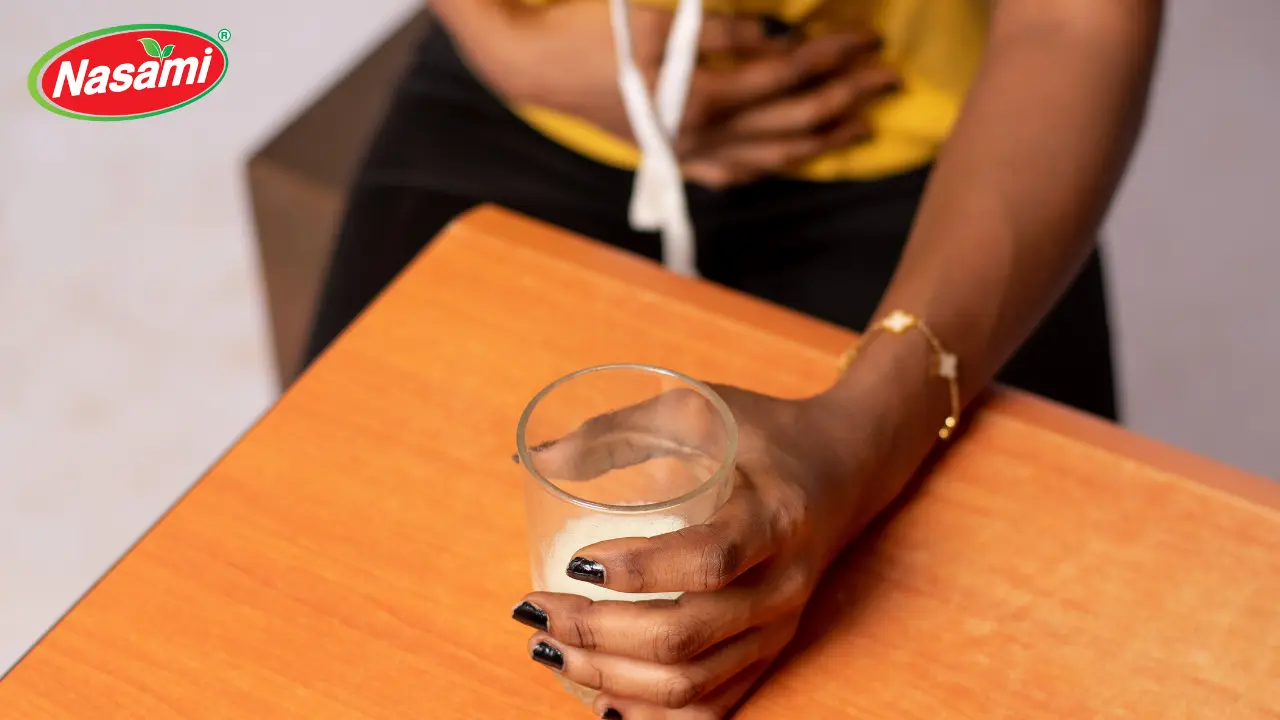
Nutritional Profile of Coconut Water
Key Components of Coconut Water
Electrolytes
Coconut water stands out for its rich electrolytes, especially potassium, sodium, and magnesium. Is Coconut Water Good For IBS? Potassium helps maintain fluid balance, crucial for IBS, especially during diarrhea, while sodium aids fluid retention and magnesium supports muscle function and bowel regulation.
Natural Sugars
Coconut water contains natural sugars, primarily glucose and fructose. These sugars provide a quick source of energy, making coconut water a popular choice for hydration, especially after exercise. However, individuals with IBS should be cautious, as excessive sugar intake can lead to gastrointestinal discomfort for some.
Calories and Carbohydrates
Coconut water is relatively low in calories—typically around 45 calories per cup—making it a light beverage option. It also contains carbohydrates, which can be beneficial for quick energy but should be consumed in moderation, particularly for those sensitive to sugar.
 Juice
Juice Healthy Juice
Healthy Juice
Health Benefits of Coconut Wate
Coconut water offers several health benefits that can be advantageous for individuals with IBS, particularly when it comes to hydration and gut health.
Hydration
Staying hydrated is crucial for managing IBS symptoms, and coconut water can be an excellent option. Its natural electrolyte content helps replenish lost fluids, especially after diarrhea, making it an effective rehydration beverage. Proper hydration supports overall digestive function and can help mitigate symptoms associated with IBS.
Antioxidants and Their Role in Gut Health
Coconut water contains antioxidants that help reduce oxidative stress and inflammation, supporting a balanced microbiome. This may alleviate some IBS symptoms, making is coconut water good for IBS and improving digestive comfort.
Coconut Water and IBS: The Connection
Irritable Bowel Syndrome (IBS) is a common gastrointestinal disorder affecting millions worldwide. Many with IBS seek dietary solutions to manage symptoms, and Is Coconut Water Good For IBS? This article explores the potential benefits of coconut water for IBS sufferers, based on both anecdotal evidence and research.

Potential Benefits for IBS Sufferers
Hydration and Electrolyte Balance
Staying hydrated is crucial, especially for those with IBS, as dehydration can worsen symptoms. Is Coconut Water Good For IBS? Rich in electrolytes like potassium, sodium, and magnesium, coconut water helps maintain balance, aiding during diarrhea or bloating episodes common in IBS.
Low in FODMAPs
A low FODMAP diet is often recommended for managing IBS, as FODMAPs can trigger symptoms. Coconut water, being naturally low in FODMAPs, is a suitable choice for those with IBS. Is Coconut Water Good For IBS? Its low FODMAP content reduces the risk of gas and discomfort, making it a gentle option for digestion.
Gentle on the Stomach
Coconut water is often described as being easy to digest. Its light and soothing nature can provide relief for IBS sufferers who may experience heightened sensitivity to certain foods. Unlike sugary or carbonated beverages, coconut water is less likely to irritate the stomach lining, making it a gentle option for those with digestive issues.
Get information about all products of Nasami Beverages.
Anecdotal Evidence and Studies
Testimonials from IBS Sufferers
Many with IBS use coconut water as a natural remedy for symptoms. Its hydrating properties may help alleviate bloating and discomfort, with some users reporting improved gut health and symptom management. While experiences vary, these testimonials suggest that Is Coconut Water Good For IBS? It could be a refreshing alternative to traditional beverages.
Relevant Research on Coconut Water and Gut Health
While studies on coconut water’s effects on IBS are limited, research shows that hydration and electrolyte balance are key for digestive health. Some components in coconut water may support beneficial gut bacteria, suggesting that Is Coconut Water Good For IBS warrants further exploration. However, more research is needed to fully understand the connection.
Potential Drawbacks of Coconut Water for IBS
While coconut water offers several benefits for individuals managing Irritable Bowel Syndrome (IBS), it is important to consider potential drawbacks. Understanding these limitations can help IBS sufferers make informed dietary choices.
Natural Sugars and Their Impact
Effects on Blood Sugar Levels
Coconut water contains natural sugars that can affect blood sugar levels. For those with IBS, especially if they have conditions like diabetes, monitoring sugar intake is important. While its sugars are less concerning than those in processed drinks, excessive consumption may cause blood sugar spikes and digestive discomfort. So, Is Coconut Water Good for IBS? It’s important to consider individual tolerance and limit intake to avoid issues.
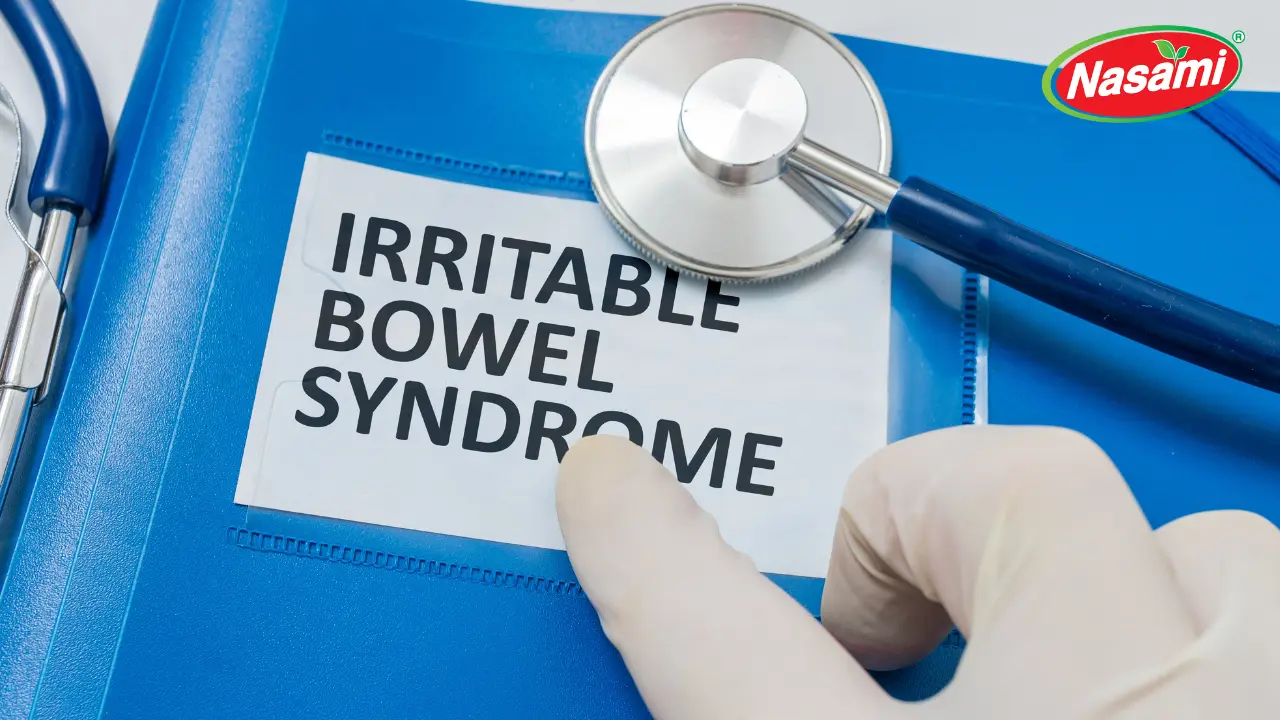
Potential for Bloating if Consumed in Excess
Despite being low in FODMAPs, coconut water can cause bloating in some individuals if consumed in excess. While its natural sugars and electrolytes are beneficial, too much may lead to discomfort. Is Coconut Water Good For IBS? IBS sufferers should monitor their intake to avoid these symptoms.
Individual Sensitivities
Understanding Personal Triggers
Each person with IBS has unique triggers. While some find relief with coconut water, others may react negatively. Is Coconut Water Good For IBS? Keeping a food diary can help IBS sufferers track their responses to foods and beverages, including coconut water, to determine if it’s beneficial or irritating.
Importance of Moderation
Coconut water can be part of an IBS-friendly diet when consumed in moderation. For those wondering, Is Coconut Water Good For IBS?, starting with small amounts is a good approach to assess tolerance. Gradually increasing intake while monitoring for any discomfort allows individuals to enjoy its benefits without risking digestive issues.
How to Incorporate Coconut Water into an IBS-Friendly Diet
For those managing Irritable Bowel Syndrome (IBS), finding suitable dietary options can be a challenge. Coconut water can be a refreshing addition to an IBS-friendly diet when incorporated thoughtfully. Here are some tips on how to enjoy coconut water while minimizing potential issues.
Recommended Serving Sizes
Guidelines for Consumption
When adding coconut water to your diet, moderation is key. Start with 4 ounces to assess your body’s reaction. For those asking, Is Coconut Water Good For IBS, this approach helps monitor its effects on digestion. Gradually increase to 8 ounces if well-tolerated, keeping track to find the right balance.
Creative Ways to Enjoy Coconut Water
Smoothies
Coconut water can serve as a delicious base for smoothies. Blend it with IBS-friendly fruits like bananas and spinach for a nutrient-packed drink. The natural sweetness of coconut water enhances the flavor while keeping the smoothie hydrating and refreshing.
Salad Dressings
Try using coconut water in salad dressings to add a unique twist. Combine it with olive oil, lemon juice, and herbs for a light, tangy dressing that complements salads made with leafy greens and low FODMAP vegetables.

Hydration Recipes
Coconut water can also be used in various hydration recipes. Mix it with herbal teas or infuse it with slices of ginger and cucumber for a soothing drink that aids digestion. This can be particularly refreshing during warm weather or after physical activity.
Pairing Coconut Water with Other IBS-Friendly Foods
Suggestions for Complementary Foods
Pairing coconut water with other IBS-friendly foods can enhance your meals while maintaining digestive comfort. Here are some suggestions:
- Low FODMAP Fruits: Combine coconut water with fruits like strawberries, blueberries, and kiwi for a refreshing fruit salad or smoothie.
- Lean Proteins: Enjoy coconut water alongside grilled chicken or fish, which are gentle on the stomach and rich in nutrients.
- Gluten-Free Grains: Serve coconut water with a quinoa salad or brown rice to create a balanced meal that supports digestive health.
Expert Opinions and Nutritional Advice on Coconut Water and IBS
When considering dietary choices for managing Irritable Bowel Syndrome (IBS), expert insights can provide valuable guidance. This section explores recommendations from healthcare professionals and emphasizes the significance of personalized nutrition.
Insights from Gastroenterologists and Dietitians
Expert Recommendations for IBS Management
Gastroenterologists and dietitians emphasize the importance of hydration and electrolyte balance in managing IBS symptoms. Coconut water, known for its natural hydration and low FODMAP content, often raises the question, Is Coconut Water Good For IBS? Experts recommend it as a safe option, especially during diarrhea or when replenishing electrolytes.
However, they advise moderation due to its natural sugars, suggesting small servings to monitor digestive reactions. Overall, a balanced diet with whole foods like fruits, vegetables, lean proteins, and healthy fats, while avoiding trigger foods, is encouraged.
Importance of Personalized Nutrition
Working with a Healthcare Professional
Every individual with IBS has unique triggers, making personalized nutrition crucial. For example, Is Coconut Water Good For IBS? Consulting a dietitian or gastroenterologist can help create a tailored plan to meet specific needs.
Healthcare professionals guide incorporating coconut water and other foods while tracking symptoms. They may suggest food diaries to identify triggers and make necessary adjustments, empowering IBS sufferers to make informed dietary choices for better digestive health.

Alternatives to Coconut Water for IBS
While coconut water can be a beneficial option for some individuals managing Irritable Bowel Syndrome (IBS), it’s essential to explore other beverages that may also support digestive health. Here, we discuss low-FODMAP alternatives and compare their benefits and drawbacks.
Other Low-FODMAP Beverage Options
Herbal Teas
Herbal teas, such as peppermint, ginger, and chamomile, are excellent low-FODMAP choices for IBS sufferers. These teas are not only soothing but also possess properties that can aid digestion and relieve bloating. For instance, peppermint tea is known for its muscle-relaxing effects on the gastrointestinal tract, while ginger can help reduce nausea and improve overall digestive function.
Infused Waters
Infused waters are another refreshing alternative. By adding slices of low-FODMAP fruits like strawberries, cucumber, or lemon to water, you can create a flavorful, hydrating drink without the sugars found in coconut water. Infused waters are hydrating and can be customized to suit individual tastes while remaining gentle on the stomach.
Comparison of Benefits and Drawbacks
Nutritional Values
- Coconut Water: Provides natural electrolytes and hydration but contains natural sugars, which can affect blood sugar levels and cause bloating if consumed in excess.
- Herbal Teas: Generally calorie-free and low in sugars, they offer soothing effects and digestive benefits without the risk of bloating associated with high sugar content.
- Infused Waters: Very low in calories and sugars, infused waters can be tailored to individual preferences. However, they may lack the electrolyte benefits that coconut water provides.
Health Effects
- Coconut Water: Can aid in hydration and electrolyte balance but should be consumed in moderation due to its natural sugar content.
- Herbal Teas: Promote relaxation and digestion but may not provide significant electrolytes. Certain herbal teas should be consumed cautiously as some may have contraindications with medications.
- Infused Waters: Excellent for hydration without adding sugars or calories, making them a safe choice for those managing IBS symptoms.
As we conclude our discussion on coconut water and its potential benefits for managing Irritable Bowel Syndrome (IBS), let’s recap the key points.
We highlighted coconut water’s hydration benefits, including its natural electrolytes and low FODMAP content, which may make it a good option for some IBS sufferers. This raises the question: Is Coconut Water Good For IBS? While some evidence and anecdotal reports suggest positive effects on gut health, potential drawbacks like natural sugars and bloating with excessive consumption were also noted. Alternatives such as herbal teas and infused waters were suggested for hydration and digestive support.
Coconut water can be a refreshing addition to an IBS-friendly diet when consumed mindfully. Its hydrating properties and low FODMAP nature might provide relief for some, but individual reactions can vary. Monitoring portion sizes and keeping a food diary can help identify what works best for your digestive system.
We’d love to hear your experiences! Sharing your journey with coconut water and other dietary choices can help build a supportive community for those managing IBS. Feel free to share your thoughts in the comments or on social media.
View more:
